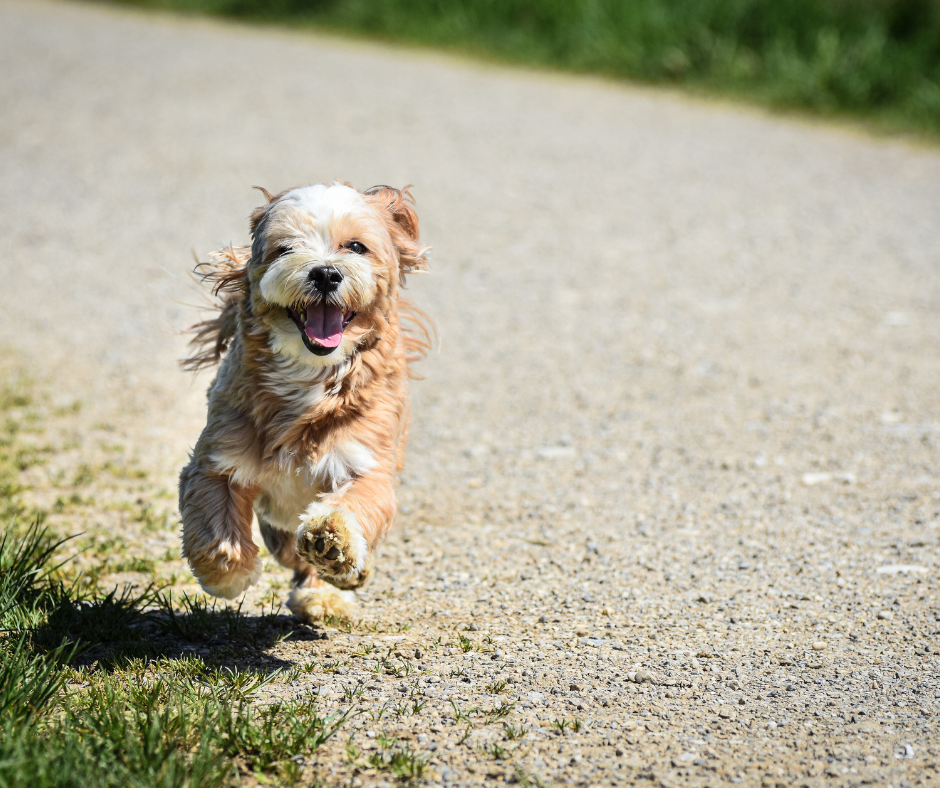Why I’m Not Just a Dog Trainer
Yes, I’m a professional dog trainer. That’s the simplest answer I give when people ask what I do for a living, and it’s true. I hold several certifications with some variation of “dog trainer” in the title. But lately, I’ve been thinking a lot about how that label doesn’t quite fit. It feels… incomplete.
“Dog trainer” suggests that my job is all about teaching dogs to sit, stay, or walk nicely on leash. And sure, I can and do do all of that. I can train an animal to do just about anything they’re physically capable of. But that’s only part of what I do as a professional dog trainer.
My real passion is helping dogs and their humans thrive together. Because let’s face it, living with another species is hard. Dogs have perfectly natural behaviors that clash with our human expectations and needs, and we often struggle to understand what our dogs are trying to communicate to us (we have enough trouble understanding and communicating with our own species, let alone a totally different one!).
What I love most about my job is teaching people to truly understand their dogs — their body language, behavior, emotions and needs, and helping them feel confident and capable throughout the training process. I live for those lightbulb moments when everything clicks, and a dog and their person start communicating and working together to reach a shared goal.
That’s why I see myself less as just a dog trainer, and more as a coach for the humans in the relationship. Don’t get me wrong, I love working directly with dogs. But real, lasting behavior change doesn’t happen just because I come in and train the dog. I often joke, “Unless I’m moving in with you, it doesn’t do much good if I’m the one doing all the training.” That usually gets a laugh, but it’s true.
Sustainable change happens when the people in a dog’s life learn how to understand, support, and communicate with them consistently, day in and day out and learn to observe behavior through a new lens. Instead of labeling a dog as “stubborn” or “reactive,” recognizing stress signals, unmet needs, or confusion. Sure, I teach practical skills like leash walking and coming when called, but I also build up my human client’s skillset, confidence and knowledge base, help them troubleshoot challenges, and celebrate the wins (big and small) along the way.
When people start to understand why their dog is behaving a certain way, and how to respond in a compassionate, effective manner, that’s when everything changes. The relationship deepens. The frustration fades. And the training becomes something that strengthens the bond rather than strains it.
That’s the magic, the secret sauce to success, and it’s why the title “dog trainer” just doesn’t feel like enough. I’m here to guide a process of transformation, not just for dogs, but for the people who love them.
With wags and aloha,
Cori Tufano- CPDT-KA, FDM, FFCP, CSAT



